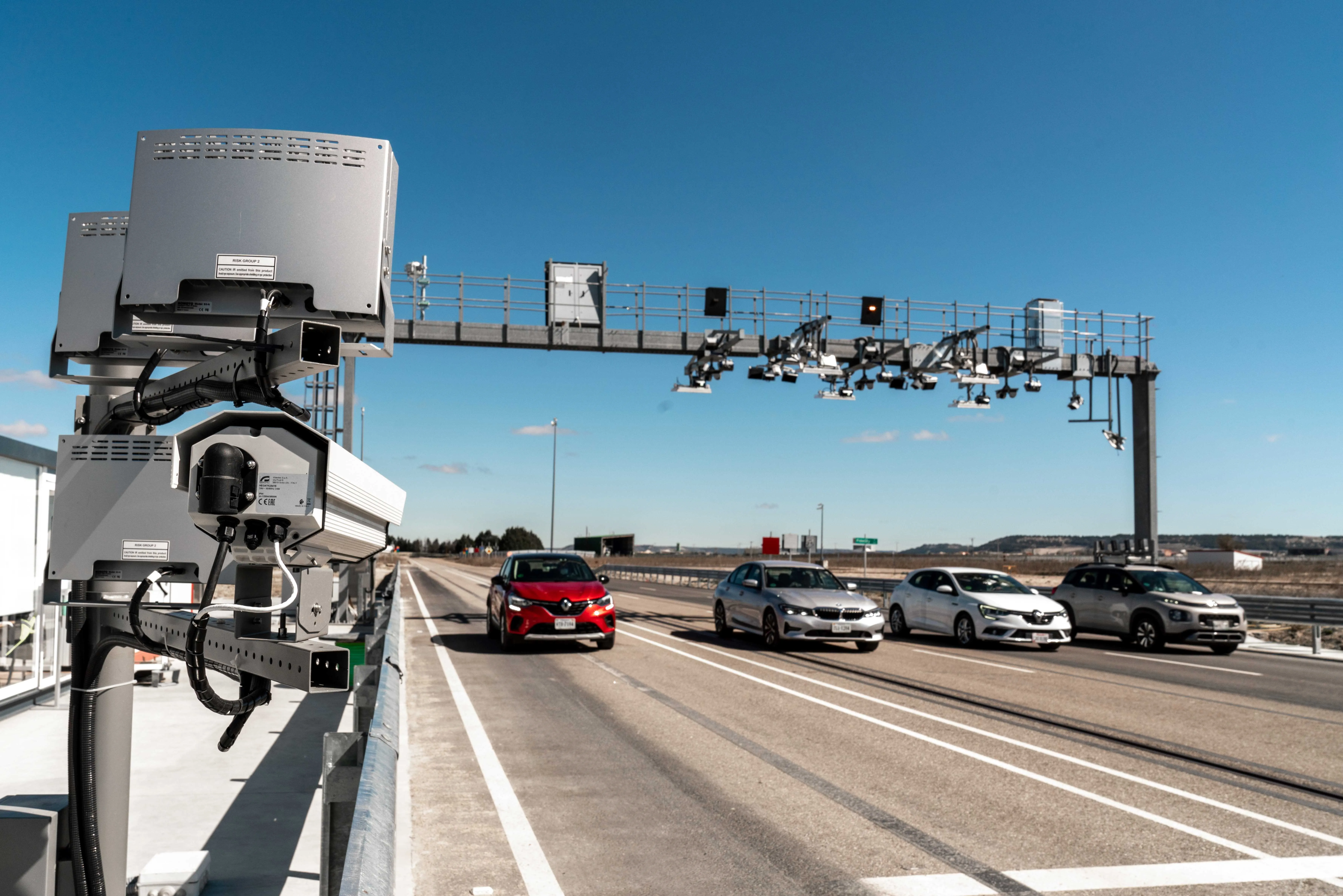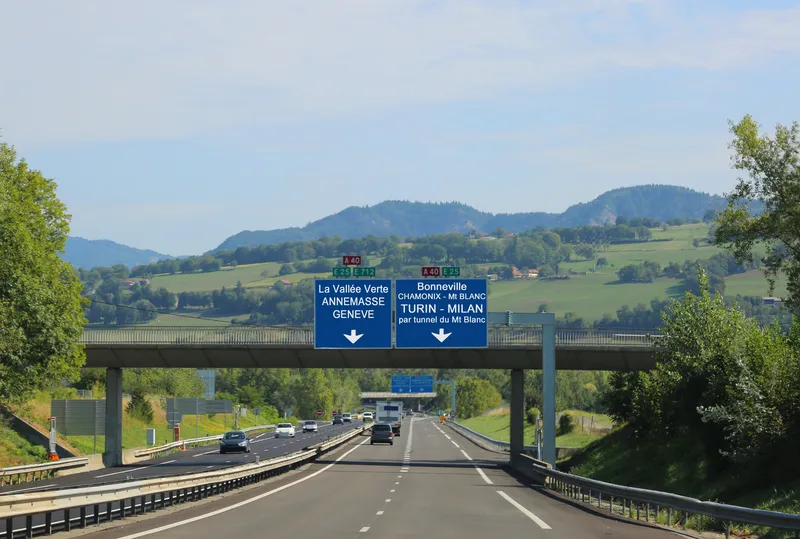
Kapsch TrafficCom is to set up a multi-lane free-flow automated classification and payment solution on a car ferry run by Torghatten Nord in Norway.
The AutoPass system goes live on 1 December this year, and will be operated for 10 years for the route between Bognes and Lødingen, 86km by road south-west of Narvik.
“This is an important step towards easier and seamless toll payments for the ferry connections in the Norwegian arctic area," says Mikael Hejel, area sales manager at Kapsch TrafficCom.
Kapsch has already run the AutoPass system at Torghatten Nord's ferry connection Halhjem-Sandvikvåg, south of Bergen.
Kapsch says it is "especially suited for operation in the harsh conditions of the winter in northern Norway", with high-performing camera sensors and transceivers measuring the vehicle class, reading the licence plates and the AutoPass on-board unit.
Thus, manual operation at the ferry is reduced to a minimum as the system will automatically identify and classify the vehicle and apply the correct toll.
Kapsch is active in Norway, handling the city tolling in Stavanger and Fredrikstad/Sarpsborg, as well the Ryfast tunnels.
It has also recently trialled satellite-based road user charging technology with Aventi in the greater Oslo area.








